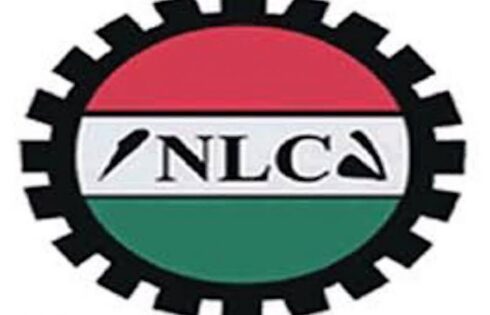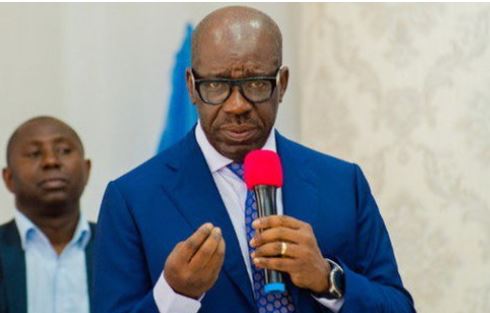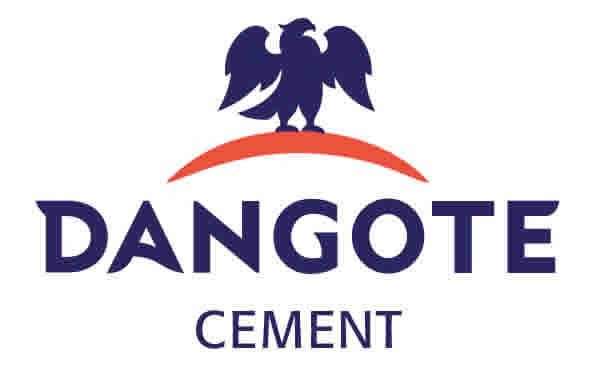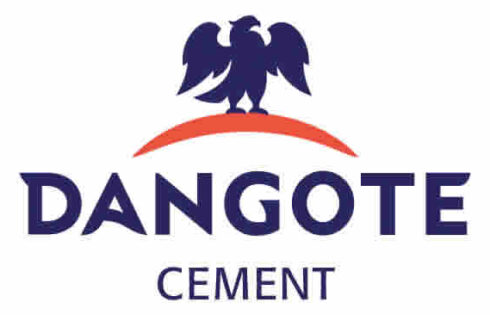The House of Representatives has implored the Revenue Mobilisation Allocation and Fiscal Commission (RMAFC) to immediately
review the remuneration of judicial officers in line with present economic realities.
The lower house also urged the Federal Government to, in line with judicial autonomy accede to the increase in statutory transfer to the judiciary in the coming fiscal year.
It further mandated its Committee on Judiciary to work towards an amendment of the certain political,
public and Judicial office holder (salary and allowances) Act, by removing the
remunerations of judicial officers from that of political and public office holders, as well as ensure compliance with the aforementioned resolutions.
The resolutions were sequel to the adoption of a motion moved by Chairman, House Committee on Judiciary, Hon. Onofiok Akpan Luke (PDP, Akwa Ibom).
In his presentation,Hon. Luke,noted that the salary of judicial officers was last reviewed by RMAFC in 2007 when the official exchange rate was N124 to $1 and the minimum wage was N5,000.
He said “the budget for the judiciary has remained at N110 billion since 2017, while the total budget size has continued to grow, leading to gross underfunding and neglect of the Judiciary over the years, which have affected productivity, increased frustration, and deflated the morale of judicial officers and staff.”
“Considering inflationary pressure and other economic factors that have depreciated the value of the Naira by over 60 percent, the salary of judicial officers have become totally at variance with current economic realities.
“Thirteen 13 years after the salary review of judicial officers, the Chief Justice of Nigeria, who is the most senior judicial officer in the country, earns N279,497 monthly, the Justices of the Supreme Court and the President of the Court of Appeal earns N206, 425 monthly; Justices of the Court of Appeal
earns N206, 425 monthly, while Judges of the Federal High Court, National Industrial Court, FCT High
Court, State High Courts, FCT Sharia Court of Appeal, FCT Customary Court of Appeal, Khadis of State
Sharia Courts of Appeal and State Customary Courts of Appeal all earn N1.8 million each as their annual
salary,” the lawmaker explained.
He added that poor remuneration of judicial officers is a serious threat to the judiciary, which is a critical institution of the state and starving them of funds compromises their foundational functions and could present misfortune for our democracy as the Judicial officers may not maintain impartiality and independence in the discharge of their judicial functions.
He said:”Further notes that the non-remuneration of judicial officers is partly caused by making the remuneration
of judicial officers with political and public office holders in the same law;
Aware that Part I of the Fifth Schedule to the Constitution of the Federal Republic of Nigeria, 1999 (as amended) and the Code of Conduct Tribunal Act restrains Judicial Officers from generally receiving gifts and operating private businesses except farming, and the Code of Conduct for Judicial Officers further limits engagements of Judicial Officers by restricting them from maintaining certain social relationships and commenting publicly, all with the aim of insulating judicial officers from any form or semblance of corrupt practices and improper conduct”.
“It is unfair, unconscionable, unjust and unrealistic that in the face of the several restrictions on the conduct of judicial officers, the judicial officers receive a meagre salary when compared with prevalent economic realities, thereby rendering them vulnerable to corruption. Also cognizant that the Judiciary as an independent arm of government, the Executive does not have the
constitutional power to reduce or review the budget of the Judiciary but only to submit to the National Assembly the exact budget as proposed by the Judiciary in conformance to the Constitution and constitutional practices of advanced democracies.”





















